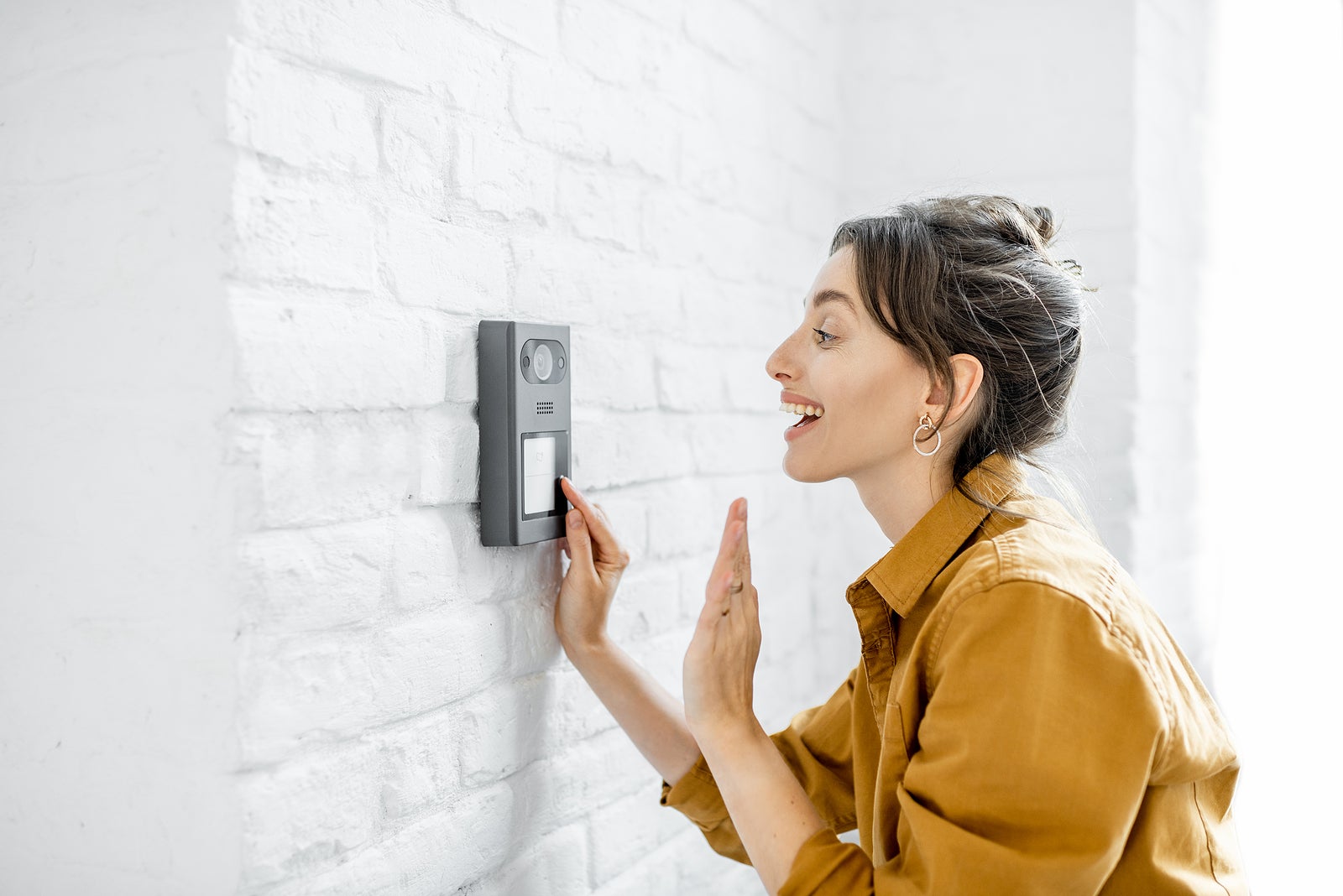
No matter what kind of business you operate, you probably have legal documents, records, customer information, cash and other items that you need to keep secure. These seven tips can help you keep your business safe.
- Secure Your Smartphone
Smartphones have provided business owners with the tools to conduct business from almost anywhere in the world. Unfortunately, that convenience comes with a price. Because smartphones can be easily stolen or hacked, it is important to make sure they are secured. An unsecured smartphone can provide potential thieves with passwords, credit card information and access to your company network. If you are storing data from your phone on a public cloud platform, be sure to choose one that provides extra security protections.
- Implement Key Control Policies
Much of the modern security focus is on high-tech gadgets, such as smartphones and laptops, but failing to properly control the keys to your facility can also create havoc. If you are still using mechanical keys, it is important to keep track of how many have been issued and who has them. Make sure that when a keyholder leaves the company, they return any keys in their possession and if they do not, you should probably change the locks. Better yet, consider upgrading to keyless entry systems that are easier to secure and track.
- Require Strong Passwords
Your employees may grumble, but implementing strong passwords can go a long way towards preventing data breaches. Require all employees to create a password that does not contain any obvious words, such as their name, is at least 15 characters long, uses a mix of upper and lower case characters, numbers and symbols and avoids memorable keyboard paths. Passwords should be regularly changed and employees should be instructed to never share their passwords or write them down.
- Dispose of Computer Equipment Safely
When your company throws out, recycles or sells computer equipment, be sure to completely erase the hard drive. Simply deleting files off the drive is not enough. Even formatting the drive may not completely erase data. It is best to use a software tool designed to make data unrecoverable and for added safety physically destroy the drive. Do not forget to also erase information off any copiers you dispose of.
- Enforce a Social Media Policy
Employees may overestimate the amount of privacy they have when communicating through e-mail and social media platforms. Your social media policy should strictly outline what types of information can be shared on these platforms. Filtering programs can be used to check outgoing e-mails for information that should not be leaving the company. If your employees do not need to use social media to perform their jobs, it may be wise to block social media sites on your network.
- Install an Alarm System
A security system can be used to alert you whenever someone is in your building who should not be. Security systems can incorporate technology such as motion sensors, security cameras and other technology. Security systems are not only useful for detecting intrusions but can also serve as deterrents. Prospective thieves often prefer to focus on easy targets and may avoid buildings with obvious security measures in place.
- Draft a Visitor Management Policy
It is much easier to detect unauthorized people in your business if you do a good job keeping track of the people who are supposed to be there. All visitors should be directed to a controlled entry point, such as a gate or receptionist’s desk, and required to wear a visitor’s badge and sign-in. It may also be a good idea to require that visitors be escorted by an authorized employee while they are in the building. Protecting your valuable data, equipment, supplies and other items should be a top priority of any business.
Securing your business against physical and cybersecurity threats can not only make it easier to protect yourself against crime but may deter criminals from even attempting.
2186 Views












